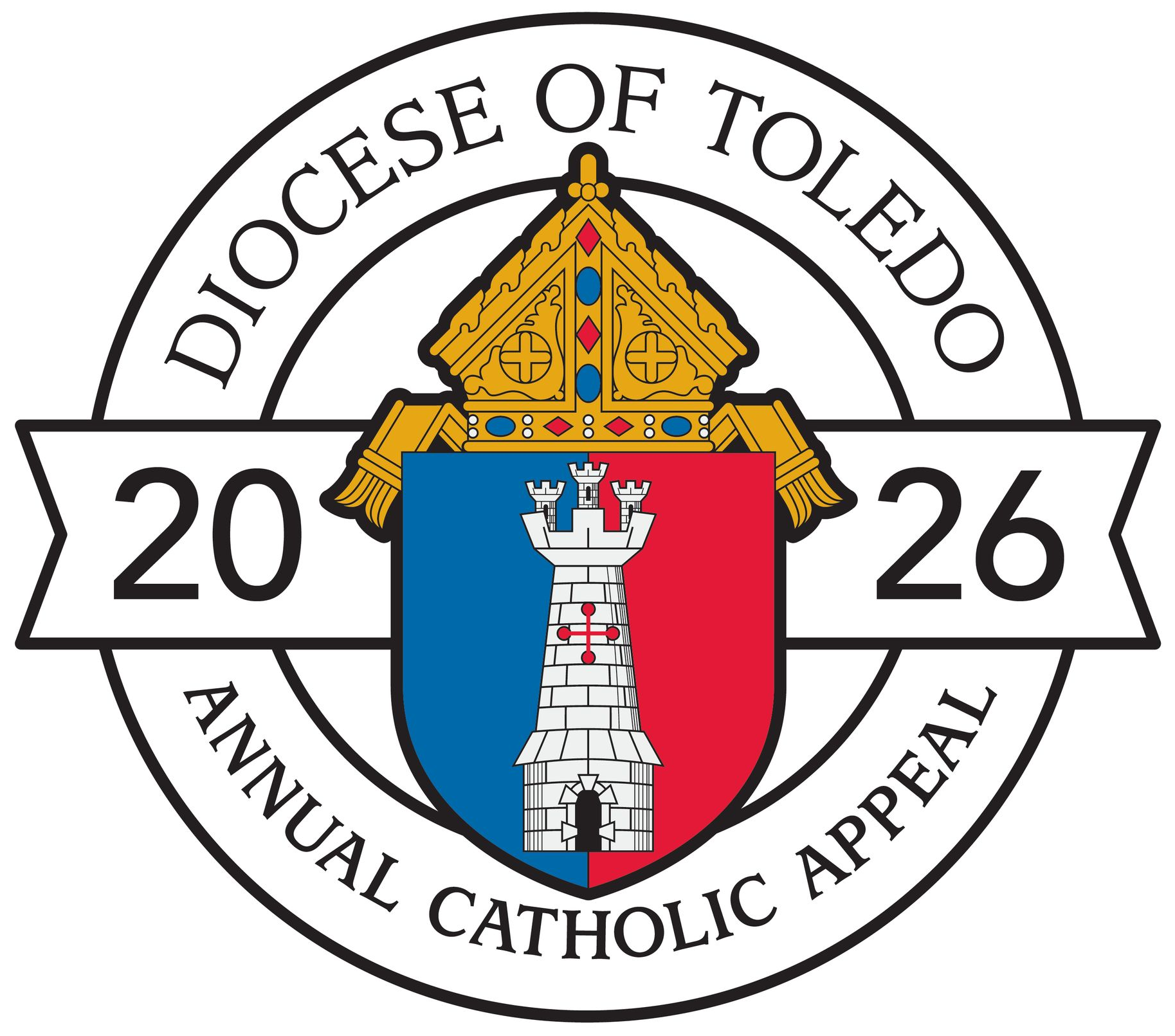The WORD Part 3: Christ and Sacred Scripture
I want to reflect on the power of God’s word in Scripture because it is easy to underestimate it. It is easy to hear a familiar passage and gloss over it or hear just a moral lesson and assume that's all there is to it. I’m guessing most of you know in your head that neither of those reactions is ideal. But as in most things, the movement from the head to the heart is hard. But it certainly can be easier if our head has a better understanding of what it is telling the heart exactly. And so, for the next few weeks, let's reflect on the mystery of the WORD.
In the beginning of the Gospel of John, we have this familiar phrase, “In the beginning was the WORD.” (John 1:1). This statement is about the second person of the Trinity, the Son of God, Jesus Christ. He himself is the Word of God. Ok, but what does that mean? St John of the Cross, commenting on Hebrews 1:1-2 says:
"In giving us his Son, his only Word (for he possesses no other), he spoke everything to us at once in this sole Word - and he has no more to say. . . because what he spoke before to the prophets in parts, he has now spoken all at once by giving us the All Who is His Son. Any person questioning God or desiring some vision or revelation would be guilty not only of foolish behavior but also of offending him, by not fixing his eyes entirely upon Christ and by living with the desire for some other novelty."
Jesus Christ is God’s sole word, he has no more to say. What a beautiful phrase. He is saying that Jesus Christ in a physical embodiment of the self-revelation of God. He is literally a Word, THE Word, all of who God understand himself to be, congealed into a physical being that the world can interact with on a physical level. Imagine if someone asked you to write a book that fully describes yourself; that shows everything someone should know about you. So, you (who in this story are a writer of unparalleled talent) give it a try. But every time, you just know the product doesn’t do you justice. There is so much to who you are. The only thing that could embody everything about you is….well, you! But if you could? It is putting it quite crudely, and certainly don’t read too deeply into it, to say that the second person of the Trinity, the Word of God, is the ‘book’ on God, and that ‘book’ has been turned into a movie….a thirty-three year long movie.
The point of bringing up Christ as the Word of God is that it has implications for how we think about Scripture. But before that, we need a quick refresh on Divine Inspiration of Scripture. God inspired the human authors of the sacred books. "To compose the sacred books, God chose certain men who, all the while he employed them in this task, made full use of their own faculties and powers so that, though he acted in them and by them, it was as true authors that they consigned to writing whatever he wanted written, and no more.” (CCC 106) Sacred Scripture, while authored by human hands, was guided by God in such a way that we can hold as doctrine that Scripture is God’s self-revelation. It is God revealing Himself in direct ways, like in some of Paul’s catechetical writings, and in indirect ways, like in how the Old Testament is a revelation of the history of God’s relationship to humanity through the people of Israel as He prepared the world for the coming of the Messiah. Hence, Scripture is, as we acclaim at every Mass after each reading, “The Word of the Lord.”
So! If Christ, the second person of the Trinity, is the Word of God made flesh Scripture is the Word of God (the Word of God made words….?), what does that mean for us? Let us look at the Catechism again, 'Indeed the words of God, expressed in the words of men, are in every way like human language, just as the Word of the eternal Father, when he took on himself the flesh of human weakness, became like men.' Through all the words of Sacred Scripture, God speaks only one single Word, his one Utterance in whom he expresses himself completely: 'You recall that one and the same Word of God extends throughout Scripture, that it is one and the same Utterance that resounds in the mouths of all the sacred writers, since he who was in the beginning God with God has no need of separate syllables; for he is not subject to time.' For this reason, the Church has always venerated the Scriptures as she venerates the Lord's Body. (CCC 101-103)
Read that last line again and let the full import of it sink in a bit. We’ll continue this topic next week. In the meantime, really dwell on that last line.





